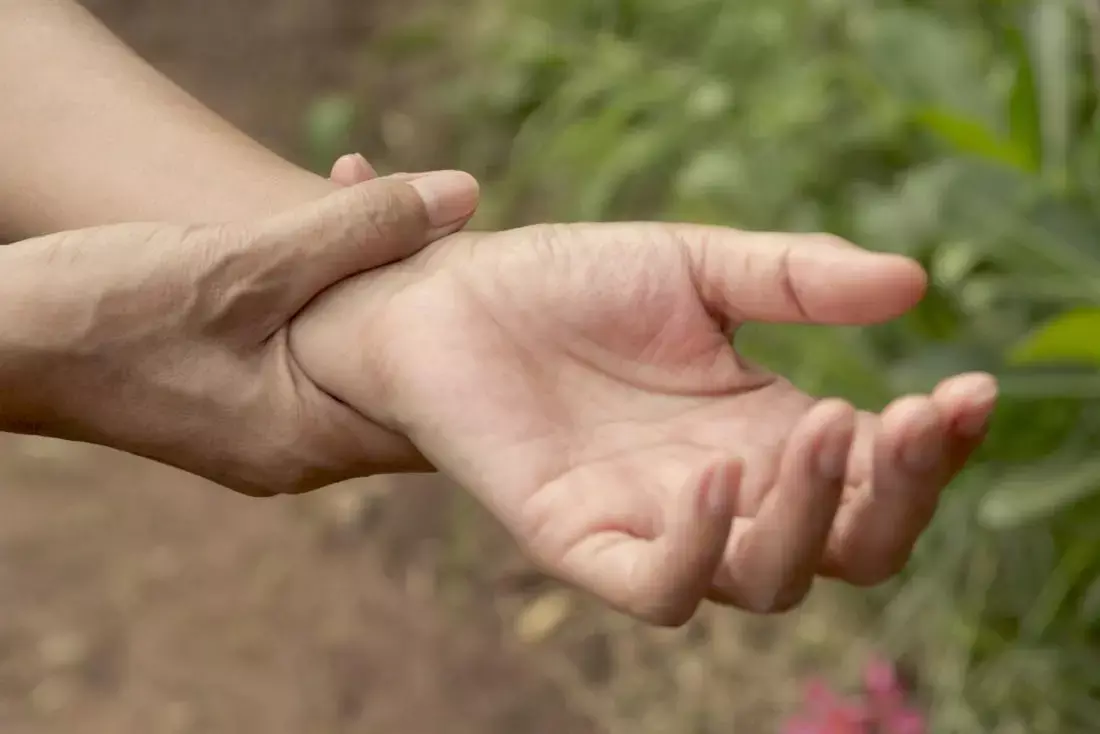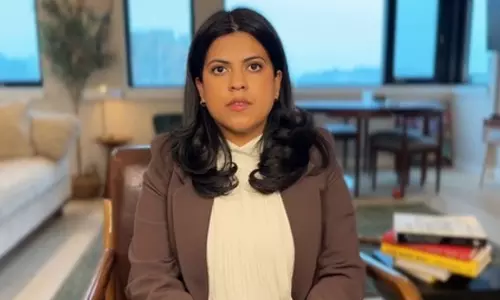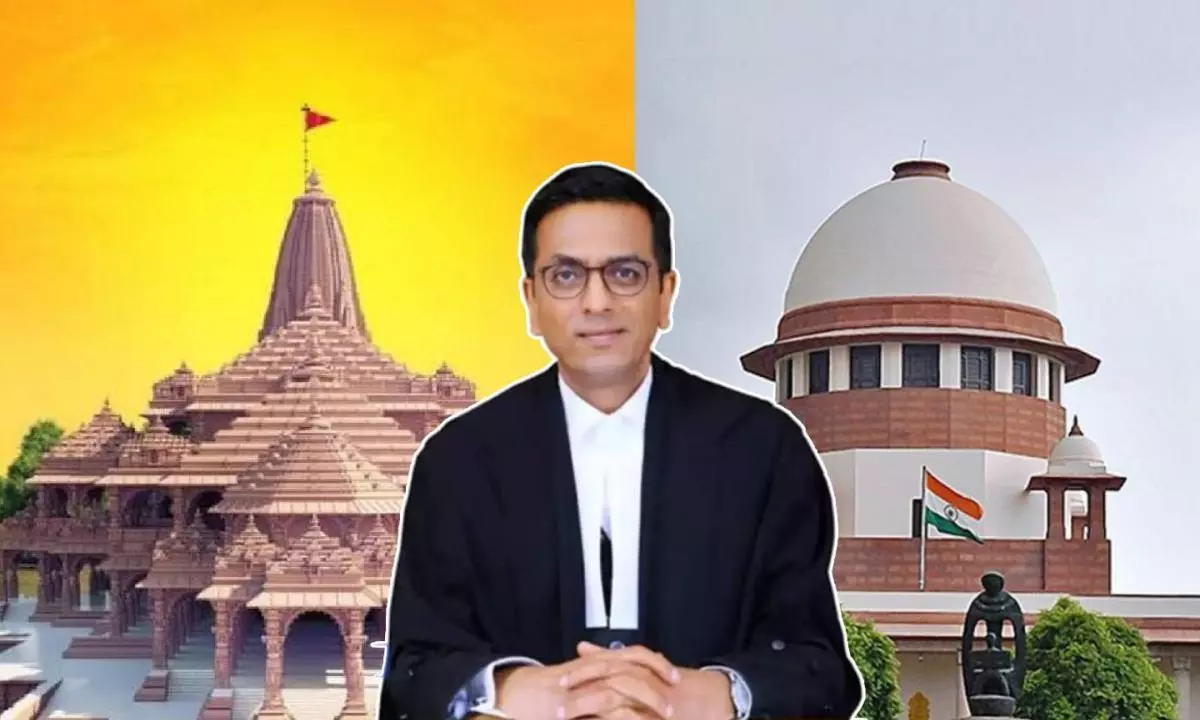
Pran Pratishtha, Chandrachud's verdict that flared up temple-mosque disputes in 2024
text_fieldsThe consecration (‘Pran Pratishtha’) of the Ram temple in Ayodhya on January 24, 2024, and the controversial judgment by former Chief Justice of India Chandrachud, bypassing the Religious Places of Worship Act, allowing the authority to conduct surveys on old mosques to determine the nature of the place, are widely believed to have unleashed a series of disputes and violence in India, particularly in Uttar Pradesh in 2024 in the name of Mandir-Masjid.
These disputes, often centred around temple-mosque claims, have intensified throughout the year, with significant incidents in Sambhal, Budaun, Varanasi, Mathura, Lucknow, Baghpat, and Jaunpur. Each case has sparked debates on religious identity, historical narratives, and the implications of the Places of Worship (Special Provisions) Act, 1991.
The most tragic of these incidents occurred in Sambhal, where violence erupted during a court-ordered survey of the Shahi Jama Masjid, a Mughal-era mosque. The Hindu side claims that an ancient temple, the Harihar temple, once stood on the site, which prompted the survey.
On November 24, protesters gathered near the mosque during the second survey, leading to clashes with security personnel. The violence resulted in the deaths of four individuals, with several others injured. The events in Sambhal marked a dramatic escalation in the year’s religious disputes, drawing widespread attention.
Sambhal: A flashpoint of religious tensions
The controversy in Sambhal began on November 19 when a court ordered a survey of the Shahi Jama Masjid, following claims that it was built on the site of an ancient temple. Hindu groups contended that the mosque stood at the location of the long-destroyed Harihar temple. Violence broke out during the second survey on November 24, leading to a deadly clash between the security forces and protesters. Four people were killed and several others injured in the ensuing violence.
Justice (retired) D P Singh, commenting on the matter, told PTI, "The magistrate ordered the survey in Sambhal against the spirit of the law. The magistrate should have issued a notice to the state and the mosque, and thereafter, the lawyers or the court ameens should have been appointed for the survey work. There was no urgency."
The violent aftermath of the Sambhal incident added fuel to an already volatile atmosphere in UP, where temple-mosque disputes have been gaining momentum.
Budaun and Varanasi: Revisiting historical claims
In Budaun, another religious dispute unfolded as a Hindu group moved a local court seeking permission to offer prayers at the Jama Masjid Shamsi, which they claim was originally a temple. The issue traces back to 2022, when Mukesh Patel, the then convener of the Akhil Bharat Hindu Mahasabha, alleged that a Neelkanth Mahadev temple existed on the site of the mosque. The local court has ordered the Muslim side to conclude their arguments by December 10, 2024, in what has become a highly charged legal battle over the mosque’s historical status.
In Varanasi, the long-standing Gyanvapi case continues to dominate religious discourse. Hindus assert that a temple once stood at the site of the Gyanvapi mosque and was destroyed during the reign of Mughal emperor Aurangzeb in the 17th century. Madan Mohan Yadav, the lawyer representing the Hindu side, maintains that the temple was demolished on April 18, 1679, following direct orders from Aurangzeb. Yadav claims that the emperor’s secretary, Wazir Saqi Mustaid Khan, documented the destruction of the temple in his diary, Maasire Alamgiri, a manuscript preserved in the Asiatic Society, Kolkata.
Mathura and Lucknow: A continued struggle for religious identity
The controversy surrounding Mathura's Krishna Janmabhoomi has gained traction in 2024, with a renewed dispute over the Shahi Idgah mosque. The controversy centres on the claim that the mosque was built after demolishing a temple that marked the birthplace of Lord Krishna. The Muslim side, represented by the management committee of the Shahi Idgah and the Uttar Pradesh Sunni Central Waqf Board, has opposed the Hindu plea, raising various legal and historical objections.
In Lucknow, a different religious issue came to the fore. A civil suit filed by a Hindu group sought the right to worship at the Laxman Teela site, where the Teelewali Masjid is situated. The petitioners argue that the temple of Shesh Nagesh Teeleshwar Mahadev is located near the mosque. However, on February 28, the additional district judge dismissed a revision plea challenging a lower court’s rejection of the Hindu side’s objections to the mosque’s status. This legal battle further underscores the ongoing struggle for religious control over disputed sites.
Baghpat: A historic claim denied
In Baghpat, the courts dismissed a decades-old plea filed by a Muslim side over a site believed by Hindu devotees to be the Mahabharat-era “Lakshagriha.” The petitioners had claimed that the site, located in Barnawa, was a graveyard and a dargah dedicated to Sufi saint Sheikh Badruddin. However, the civil judge junior division of Baghpat, Shivam Dwivedi, ruled that there was no graveyard or dargah at the location. This dismissal has only heightened the polarization over religious claims in the region.
Jaunpur: Pending verdicts and legal restraints
The dispute in Jaunpur revolves around the Atala Masjid, where the Swaraj Vahini Association (SVA) president Santosh Kumar Mishra has filed a suit seeking to declare the site an ‘Atala Devi Mandir’ and demanding that followers of the Sanatan religion be allowed to worship there. However, on December 16, a court in Jaunpur postponed the decision on the survey of the masjid until March 2, 2025, citing the Supreme Court’s instructions to refrain from passing any verdicts on cases related to religious places under the Places of Worship (Special Provisions) Act, 1991.
The Supreme Court had, on December 12, directed that no court across the country should entertain or pass any interim or final orders on cases seeking reliefs, including surveys of religious places under the Places of Worship Act. This ruling has left many cases in legal limbo, with no final resolutions in sight.
Political and religious leaders react
The political ramifications of these disputes were highlighted by Rashtriya Swayamsevak Sangh (RSS) chief Mohan Bhagwat, who, on December 16, expressed concern over the rising number of such issues. Bhagwat said that some people, following the completion of the Ram temple in Ayodhya, were seeking to become "leaders of Hindus" by reigniting old religious disputes. He further stressed the need for an “inclusive society” and warned against allowing these issues to escalate further.
"Every day a new matter (dispute) is being raked up. How can this be allowed? This cannot continue. India needs to show that we can live together," Bhagwat said during a lecture in Pune.
On the other hand, Ankur Saxena, an advocate from the Lucknow bench of the Allahabad High Court, offered a different perspective. Saxena argued that the facade of secularism had to eventually break, and claimed that previous governments had adopted an appeasement policy that exacerbated the situation. "Sooner or later, this facade and burden of secularism, which we have carried, had to break at some point of time. Satyamev Jayate (Truth alone triumphs)," Saxena told PTI.
Religious leaders weigh in
In Ayodhya, Acharya Satyendra Das, the head priest of the Ram temple, called for consistency in legal decisions regarding temple-mosque disputes. "Just the way the Ramjanmabhoomi case was decided, in the same manner, cases regarding evidence of temples should also be similarly decided by the court," he stated.
In contrast, Khalid Rashid Farangi Mahli, a senior member of the All India Muslim Personal Law Board (AIMPLB), advocated for the full implementation of the Places of Worship (Special Provisions) Act. “The best possible way out and what we have also been saying from day one is to implement the Places of Worship (Special Provisions) Act, 1991 in letter and spirit,” Mahli said.
As 2024 draws to a close, the religious disputes in Uttar Pradesh continue to simmer, with no resolution in sight. The judicial and political responses to these disputes will shape the future of religious harmony in the state. What is clear is that these conflicts are deeply rooted in both historical narratives and present-day politics, and their resolution remains a complex challenge for all parties involved.
With PTI inputs

















